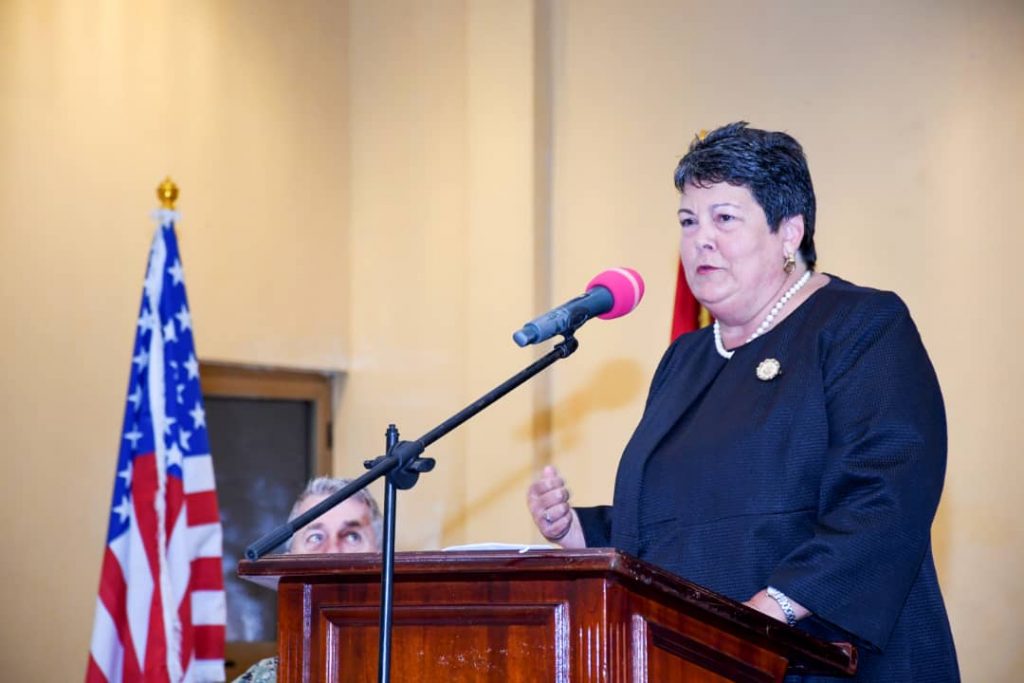Ghana cautioned by US Ambassador regarding anti-LGBTQ+ Bill

US Ambassador to Ghana, Virginia Palmer, has issued a caution that the adoption of the Anti-LGBTQ+ legislation could have repercussions on trade and investment in the nation.
Ambassador Palmer conveyed that even as numerous American enterprises prepare to invest in Ghana, any legislation promoting discrimination against LGBTQ+ individuals might tarnish the country’s image and diminish its appeal to potential investors.
In discussions with reporters in Accra, Ambassador Palmer conveyed, “Lots of ethnic communities make Ghana strong, stable, and attractive for investments. I hope it stays that way with regard to the LGBTQ community. They should be managed to be made the colour of the money green or red if it’s Ghanaian, but if it is discrimination, then that will send a signal not to [only] LGBTQ investors and exporters but to other American companies. Then Ghana will be less welcoming…so I hope it stays that welcoming,” stated US Ambassador to Ghana, Virginia Palmer.
The Anti-LGBTQ+ Bill, currently undergoing parliamentary evaluation, seeks to criminalize LGBTQ+ activities, curtail the promotion and advocacy of LGBTQ+ content, and provide safeguards and assistance for children and individuals engaged in LGBTQ+ affairs. In July 2023, Ghana’s Supreme Court dismissed an application to halt Speaker of Parliament, Alban Bagbin, from proceeding with the bill’s assessment.
This application was submitted by researcher Dr. Amanda Odoi, who contended that the ongoing consideration of the bill violates Article 108 of the 1992 Constitution.
Article 108 of the Constitution stipulates that if, in the view of the presiding individual, the bill is intended to levy taxes, impose charges on the consolidated fund, or other public finances, then no bill or motion shall be entertained by Parliament unless introduced by the president.
The applicant argues that the bill, as a whole, will impose a charge on the consolidated fund and contravenes the 1992 Constitution since it’s presented as a private member’s bill.
This legal maneuver further contributes to the ongoing discourse and dispute surrounding the anti-LGBTQ+ legislation, as various stakeholders express differing viewpoints on the suggested law.
Source – citinewsroom.com




